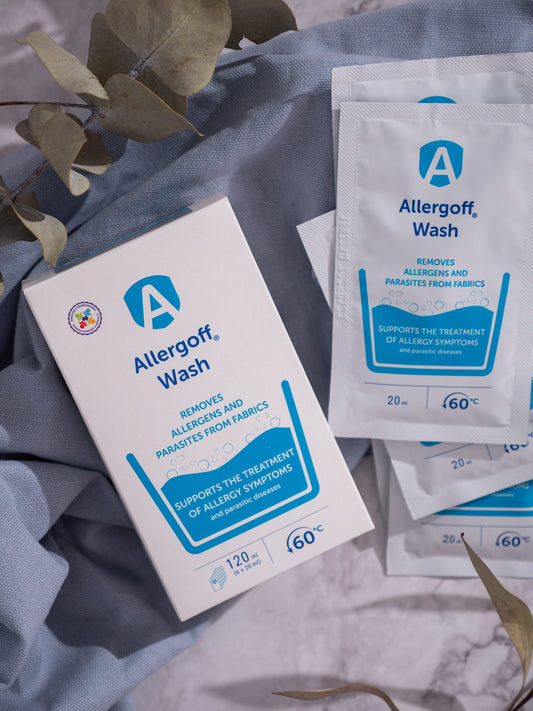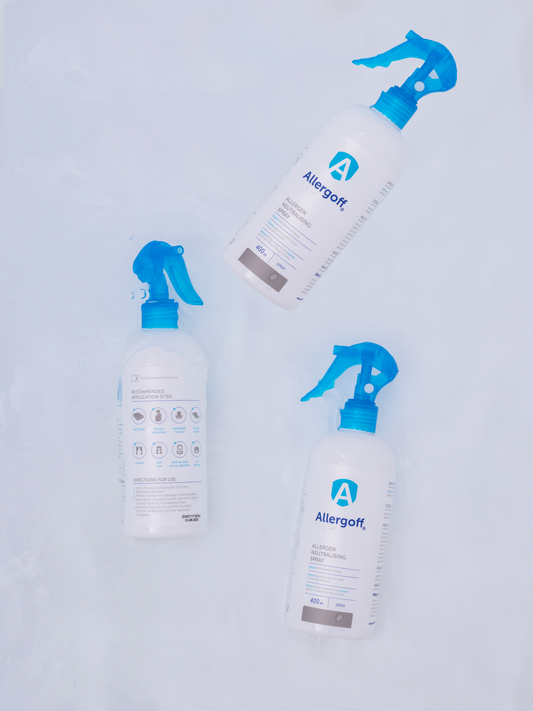
Share
About Psoriasis
Psoriasis is more than just a skin rash; it’s a chronic, systemic, inflammatory disease that accelerates the life cycle of skin cells. While it can be frustrating and unpredictable, understanding the condition is the first step toward effective management and a better quality of life.
What is Psoriasis?
Psoriasis causes skin cells to build up rapidly on the skin's surface. Normally, skin cells are produced deep within the skin and slowly rise to the surface, shedding about every 3 to 4 weeks. In people with psoriasis, this process takes only 3 to 7 days, leading to a rapid accumulation of cells.
This rapid turnover results in:
- Plaques: Thick, raised patches of skin.
- Scales: Silvery-white scaling covering the plaques.
- Redness and inflammation: Surrounding the affected areas.
- Itching, burning, or soreness.
Understanding the Cause
Psoriasis is an autoimmune condition, meaning the body's immune system mistakenly attacks healthy skin cells.This triggers the excessive growth cycle.
While the exact cause is complex, it is believed to be a combination of:
- Genetics: Psoriasis often runs in families.
- Environmental Triggers: Certain external factors can initiate a flare-up in genetically susceptible individuals.
Common Types of Psoriasis
While Plaque Psoriasis (Psoriasis Vulgaris) is the most common form, accounting for about 80-90% of cases, other types exist:
|
Type |
Appearance |
Common Location |
|
Plaque |
Raised, red skin lesions covered by silvery-white scales. |
Elbows, knees, scalp, lower back. |
|
Guttate |
Small, drop-like lesions. |
Trunk, arms, legs. Often follows a strep infection. |
|
Inverse |
Smooth, red patches without scales. |
Skin folds (armpits, groin, under the breasts). |
|
Pustular |
Clearly defined, raised bumps filled with non-infectious pus. |
Hands or feet, or widespread. |
|
Erythrodermic |
Severe, widespread redness and peeling over large areas (rare and serious). |
Entire body. |
Common Triggers for Flare-ups
Managing psoriasis often means identifying and minimizing personal triggers:
Stress: High emotional or physical stress is a major trigger for many.
Infections: Illnesses, particularly strep throat, can trigger guttate psoriasis.
Skin Injury: Damage to the skin (cuts, scrapes, sunburn) can cause new lesions to form in that area (Koebner phenomenon).
Certain Medications: Some drugs, like lithium and certain high blood pressure medications, can worsen symptoms.
Weather: Dry, cold weather often exacerbates psoriasis.




